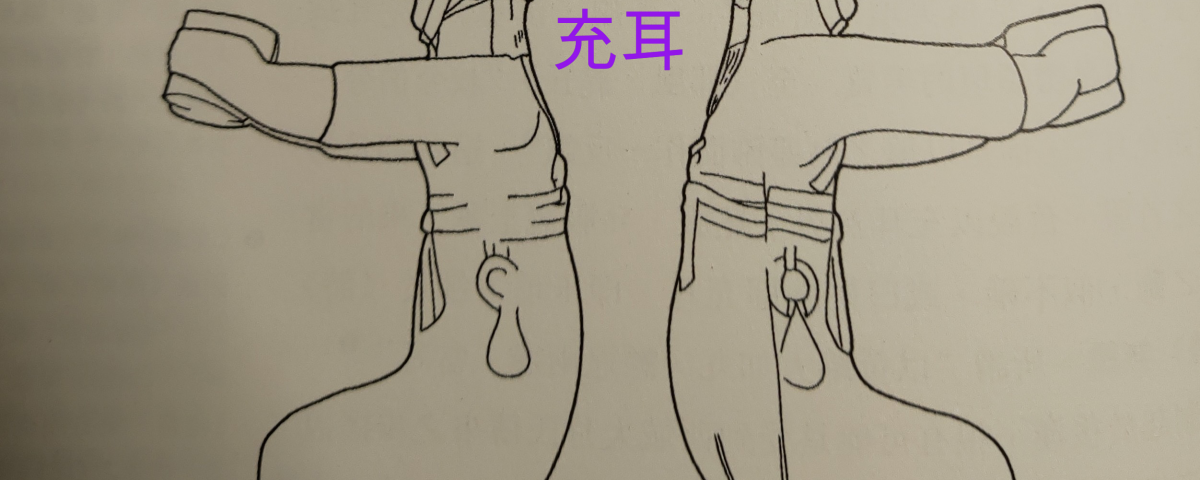Chinese poem illustration: 邶风 旄丘/ Bei Wind – Mao Hill by Anonymous
Youtube above not applicable? watch full video at Bilibili: 邶风 旄丘
Most countries today are by law and bureaucracy, while Zhou dynasty was by a mixture of law and high moral standard, structured by family and its bloodline. When Zhou dynasty declined, it started by damaging their morality and bloodline. This phenomenon was so called Damaging of Code and Music(礼崩乐坏) by Confucius(孔子). All in all, this poem is an evidence to Confucius’s words.
This poem is about a helpless son, aristocracy of course, waited many days for his relatives, the patriarch sending troops to save his county. A real traditional chinese family tree is illustrated to explain the meaning of Uncle and Big Uncle(叔兮伯兮), which is essential to understanding this poem.
The writing technique is unique: starting with a rhetorical question rather than standard Starting(兴, starting the poem with depicting scenic views, things around which is not related but may parallel to to the subject ). It totally violate the writing fomula of Book of Songs. The ending is of a sophisticated double entendre, two meanings of same word. In this case, Chonger(充耳) is a jade jewelry on ear, it also implies their ears are stuffed to deaf(wrongly putted as dumb in my video).
邶风 旄丘
佚名
旄丘之葛兮,何诞之节兮。
叔兮伯兮,何多日也?
何其处也?必有与也!
何其久也?必有以也!
狐裘蒙戎,匪车不东。
叔兮伯兮,靡所与同。
I wrote another blog 邶风 旄丘 新探 in Chinese, come up some new interpretation for 流离, 琐 and 尾 based on classic literature and today’s archaeology finding out.
题头图自”诗经名物新证”–扬之水
![]() This work is licensed under a Creative Commons Attribution-NonCommercial-ShareAlike 4.0 International License.
This work is licensed under a Creative Commons Attribution-NonCommercial-ShareAlike 4.0 International License.

